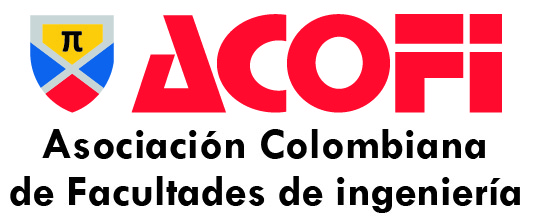Design of didactic multimedia materials of organic chemistry laboratory
DOI:
https://doi.org/10.26507/rei.v11n22.686Keywords:
Design, pedagogy, learning, multimedia, problem situationAbstract
In this work, the development of a digital material for the organic chemistry laboratory is proposed. This is planned from a pedagogical design in order to increase the integration between theory and practice; promote the learning of scientific knowledge and critical thinking. It has been shown that in order to produce an effective support in the process of teaching and learning of science, the development of digital materials or educational software, must be based on the pedagogical principles instead of common methodologies for this kind of resource. Problem solving was applied in the pedagogical design. The role of professors in the interface design of very creative, innovative, dynamic, interactive and flexible contents, with the support of technology, from the learning needs, an evaluation of the learning objectives full of animations and simulations, is essential in order to stimulate the role of the student.Downloads
References
Carrascosa J., Gil D., Vilches A., & Valdéz P. (2006). Papel de la actividad experimental en la educación científica. Caderno Brasileiro de Ensino de Física, 23(2), 157-181.
Cataldi, Z., Chiarenza, D., Dominighini, C., Donnamarí C., & Lage, F. (2010). TICs en la enseñanza de la química. Propuesta para selección del Laboratorio Virtual de Química (LVQ), in XII Workshop de Investigadores en Ciencias de la Computación, Calafate, Santa Cruz, Argentina, 2010, pp. 720-725.
Domin, D.S. (1999). A Review of Laboratory Instruction Styles. Journal of Chemical Education, 76(4), 543-547.
Fermoso, A., M & Pedrero, A. (2009). Educar haciendo uso de las nuevas tecnologías y medios digitales. Algunas pautas básicas. Revista de educación a distancia. Recuperado el 11 de marzo de 2016 de http://www.um.es/ead/red/M9.
Fernández, I, Gil, D, Carrascosa, J, Cachapuz, A & Praia, J. (2002). Visiones deformadas de la ciencia transmitidas por la enseñanza. Enseñanza de las ciencias, 20 (3), 477-488.
Franzolin F., Pereira A P., Pereira I., & Fejes M. (2006). Algunas consideraciones sobre los aspectos pedagógicos de software para la enseñanza de las ciencias. Revista de educación en ciencias 7 (1): 1-16.
Furió, C., & Furió, C. (2000). Dificultades conceptuales y epistemológicas en el aprendizaje de los procesos químicos. Educación Química 11(3), 300-308.
Gallet, C. (1998). Problem-solving teaching in the chemistry laboratory: leaving the cooks”…, Journal of Chemical education, 75 (1), 72-77.
Galvis, A. (1994). Ingeniería del Software Educativo. Bogotá: Ediciones Universidad de los Andes.
Downloads
Published
How to Cite
Issue
Section
License
Total or partial reproduction of the documents published in the journal is authorized only when the source and author are cited.
| Article metrics | |
|---|---|
| Abstract views | |
| Galley vies | |
| PDF Views | |
| HTML views | |
| Other views | |









